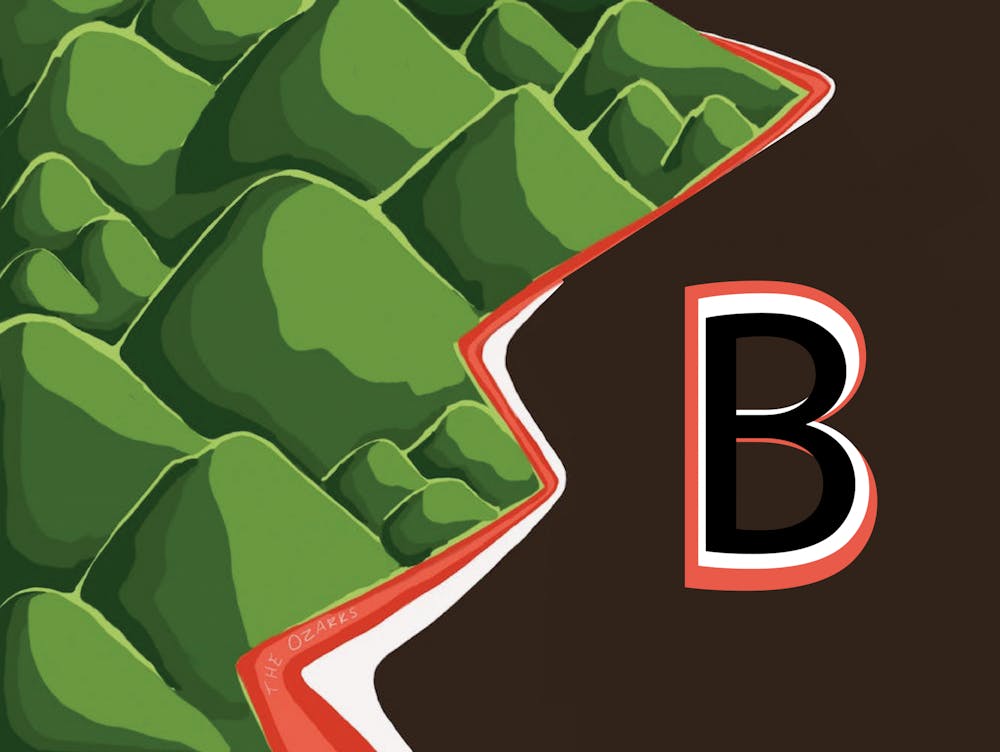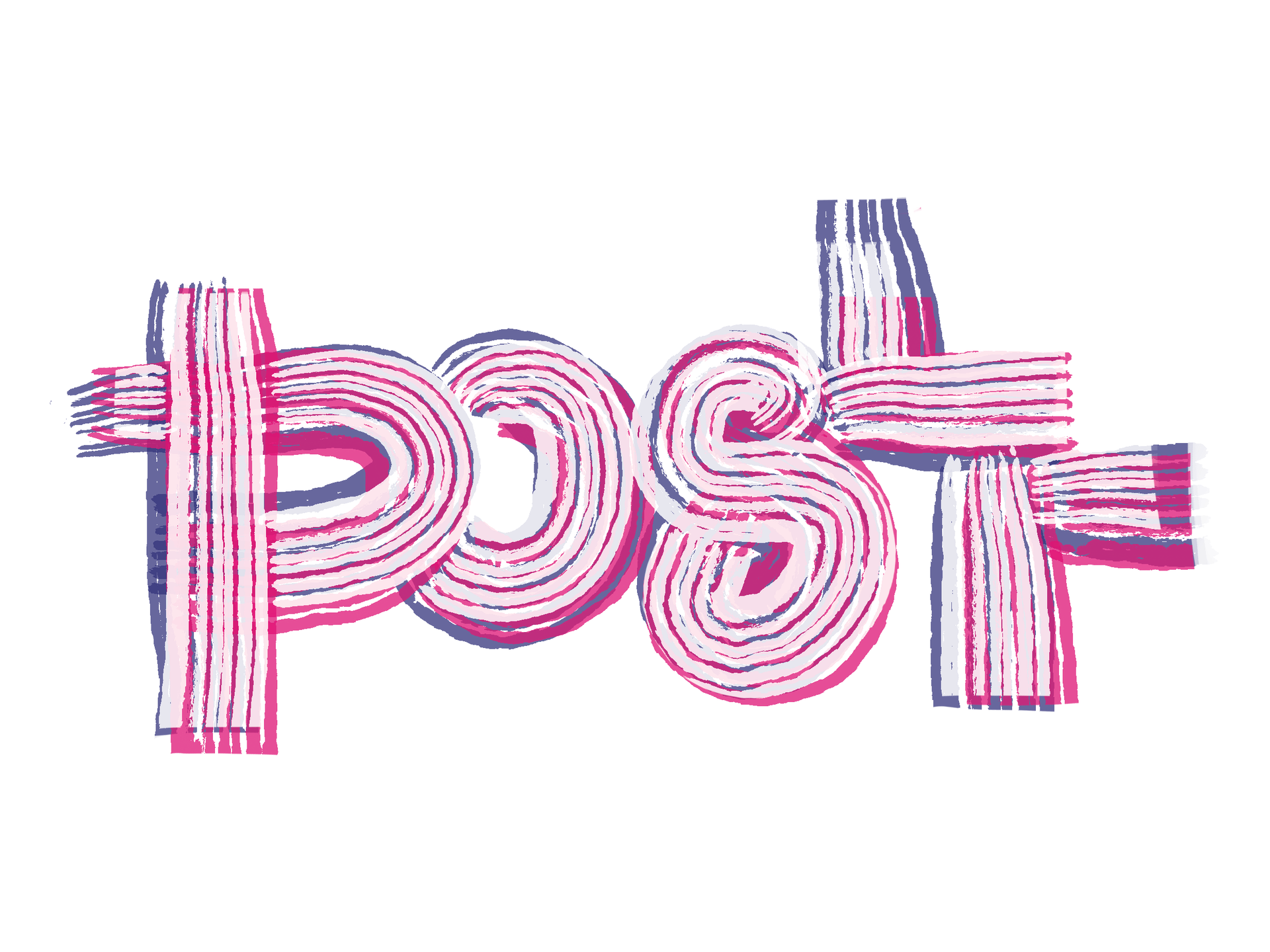I left my home in Springfield, Missouri when I was 18 to attend college in Providence, Rhode Island. As the valedictorian of my high school class and recent co-star of a public tragedy in my hometown, my final months in the comforting hollows of the Ozarks were filled with warnings, worry, and a taste of wealth. Certain community members took it upon themselves to remind me what I was getting myself into by going to school so far away from home. Adults who had grown up in the area, ventured out, and sulked back home (a return which became more of a triumphant saunter after years of reinterpretation) would pull me aside at graduation parties to inform me, with raised eyebrows and a tone striving to reach the same heights to say, “That is not your world.” Fraught facial features would relax and hands would reach for checkbooks as these well-meaning souls realized the only way to prepare me for the unknown was to fatten up my wallet. Try losing an immediate family member before the next cycle of graduation parties—it can do wonders for your wardrobe.
Before coming to Brown, I had been east of the Ozarks only a handful of times, mostly on family road trips to other Midwestern or Southern states, and once to New York and New Jersey on a family vacation designed to give me a taste of the life that academic success could afford. I visited Columbia, Princeton, and NYU and, being equally astounded by all three schools, I concluded that it didn’t really matter where I went to college. “Elite East Coast universities” were all identical in my mind. Yes, Columbia had its core and Princeton its campus, but they all held an equal stake in the life I wanted. For me, that life was defined by what I wanted to escape. I felt stifled by the right-wing politics, cultural complacency, and aesthetic negligence that had come to characterize Springfield in my mind. My whole life I had failed to find outlets for my interest in art and literature, and I felt certain I would lose my mind if I had to listen to one more spiel about career-oriented practicality. I didn’t know what I would find on the East Coast, but I knew it would be different from the middle-class, middle-American life I had always known.
I applied ED to Brown without visiting, strategically listing my intended concentration as Slavic Studies, the concentration with the fewest graduates in the year I applied. I don’t know if it was fate or guilt, but I did ultimately study some Russian language and literature, a decision which occasioned more quizzical looks from those same family friends. How could I waste such a rare academic opportunity on reading Dostoevsky? My answer: with conviction and vigor.
The warnings from my friends’ parents turned out to be justified. My arrival at Brown involved a series of shocks that I greeted with what might be called bewildered passivity: My roommate was in the Olympics last year? Okay, sure. Over half of the student body pays the full $75,000 cost of attendance? That checks out. On one of the first days of French class during an ice breaker activity, I ended up in conversation with a friend who asked if I’d been to such-and-such restaurant in Paris and oh, I hadn’t? Well, next time I was there I positively had to go and try the pithivier—to die for. Bien sûr, mademoiselle. J’y vais tout suite. I savored the fleshiness of my own tongue between my teeth as I stopped myself from sharing that, not only had my taste buds yet to be graced by the gastronomic glory of the Michelin star, but I’d never even been out of the country. I have come to understand that this person was as naive as I was. We were unaware opposites. She had likely never been to a Walmart; I was shocked by the lump of raw meat presented to me the first time I ordered beef tartare.
My enlistment in the corduroy-clad ranks of the humanities quelled the chaos of those first weeks. This was a decision made mostly on aesthetic grounds, the same way I would make most of my decisions in the early weeks of school. Why take MATH100 in a cramped, windowless B&H room when I could discuss “Art, Morality, and Religion” amidst mahogany and magniloquence in the Religious Studies building? Why study English and spend four grueling years reading Faulkner when the infinitely more charming Flaubert called the Comparative Literature department home? I got high off aesthetic splendor. I remember watching my professor click through slides displaying the work of great painters and sculptors as he skillfully related them to works of philosophy and literature. My eyes glazed over with awe (okay, maybe it wasn’t just the aesthetic splendor), and I knew I had finally reached the promised land.
Decamping from Springfield was like a fall from Eden. I was spoiled by glimpses of the lives I saw my friends at Brown living. At times, I found myself longing for the time in my life before I knew how enjoyable travel, expensive food, and financial security could be. I told myself I could’ve been so content if I’d just stayed at home and gone to Missouri State with my friends from high school. I watched this life play out in my head and I couldn’t help but smile. Of course, I always had to leave. The academic promise I showed in my youth was relayed to me as if it were a ticket to a new world. I remember my father carefully instilling the sentiment that, if I wanted to, I could go to a school like Harvard. I could get out of Springfield, away from all the fundamental Christian conservatism, away from the lack of promise, away from incessant worries about money. Both of my parents were the first in their families to attend college. By attending Brown, I had the opportunity to level up.
While living at home during the pandemic, I worked as a farm hand at an apple orchard about 10 minutes from my parents’ house. My peaceful mornings spent in the hills of the Ozarks led me to develop a conviction that my real life was in Missouri. I wasn’t a literary scholar or a social activist, but a farmhand who drove a skid-steer and chopped wood with an ax. Garden plots grew into wheat fields as my suburban, middle-class upbringing morphed into a rural one in my mind. For a few months, I entertained the fantasy that I could do this forever. I could put on my flannel and muck boots every morning and never give another thought to Jaques Derrida or anyone else who claimed their phony writing somehow made them smarter or more enlightened than everyone else. But no matter how hard I tried to embody this felicitous image, there were always gaps between its outline and my real self.
That bucolic image has a history that is perhaps closer to the life of my parents’ old friend Dan. Dan grew up on a dairy farm in the middle-of-nowhere Missouri before attending Brown and studying everything from semiotics to medicine. He graduated in the early ‘90s, married my mother’s best friend, blew a sizable inheritance from said dairy farm, and is now stewing in a substitute teaching job at a local middle school in Springfield. The last time I saw Dan was during winter break of my freshman year. The cunning nature of coincidence led me to believe that our stories were somehow intertwined, so I asked him to get coffee. I don’t know if I was looking for advice, stories, or just to compare notes from behind enemy lines. What I got instead was one bitter recommendation: “Never come home.”
Dan had attributed years of personal missteps on our shared place of origin. In his mind, it wasn’t bad investments or personal irresponsibility that had led him astray, but the simple fact that he was an Ozarker and he would never be anything else. Instead of launching him into a new life, Brown had become an opalescent vision of what should have been. Dan, like everyone who manages to escape the Ozarks, was the valedictorian of his high school class. And, like me, Dan probably thought he was destined for something better than what he had always known. In disappointment he had soured, the only reasonable response to being let down by fate itself. I left our meeting feeling as though I had just come face to face with a cautionary tale and did my best to forget everything I had ever thought about destiny.
Though its natural beauty is vast—plains stretching for miles uninterrupted by civilization, rolling hills which give way to babbling brooks—middle America can get ugly. In Theft by Finding, David Sedaris called my hometown “hideous.” Springfield is plagued by abandoned strip malls and developers who insist that, instead of rehabilitating deserted areas in town or building up to give the city a more robust downtown, we ought to just build out. My parents live outside of the city in sprawling, unincorporated territory. I used to savor the final mile of my drive home as the last commercial buildings gave way to quaint houses dotted along a state highway. For years, the only business that dared pass beyond the city limit was a mom-and-pop plant shop erected in a tent on a gravel parking lot. Now it seems like every time I come home, I find office parks and banks creeping closer to our house in the ooze of their gentrification. Providence, thankfully, doesn't have the same problem. Of course it has its strip malls and suburbs, but life on College Hill is picturesque. Our springtime is graced by cherry blossoms falling on neoclassical facades; in autumn we find burnt orange foliage scattered amongst preserved colonial homes.
In Providence I found beauty. No, not the rural, innocent beauty of Tom Sawyer and Huck Finn frolicking in the Mississippi river. That sort of beauty, I had. What I sought was the beauty of wealth: great art hung on the walls of historic homes into which no son of two public educators could ever reasonably expect to be invited. Regardless of what our most revolutionary peers might insist, Brown is a melting pot. Not just of the American classes, but of minds. It would be silly to ignore the realities of prep schools, social scenes, and easily won admissions biases, but taste always trumps pedigree. I’m asked about who I’m reading more often than I’m asked about who I know. Since coming to Brown, the monochromatic color palette of my life in the Ozarks has exploded into a rainbow of experience. I have friends who share my background, friends who have had an infinitely harder time than myself, and friends who can count themselves as members of the global elite. For some students, earning admission into Brown passed relatively unnoticed in the onslaught of other elite admittees pouring out of their prep schools. Others found a ticket to a new life disguised as a letter of acceptance. No, the elite academic and social world is not mine, but that hasn’t stopped me from finding a home in it.





